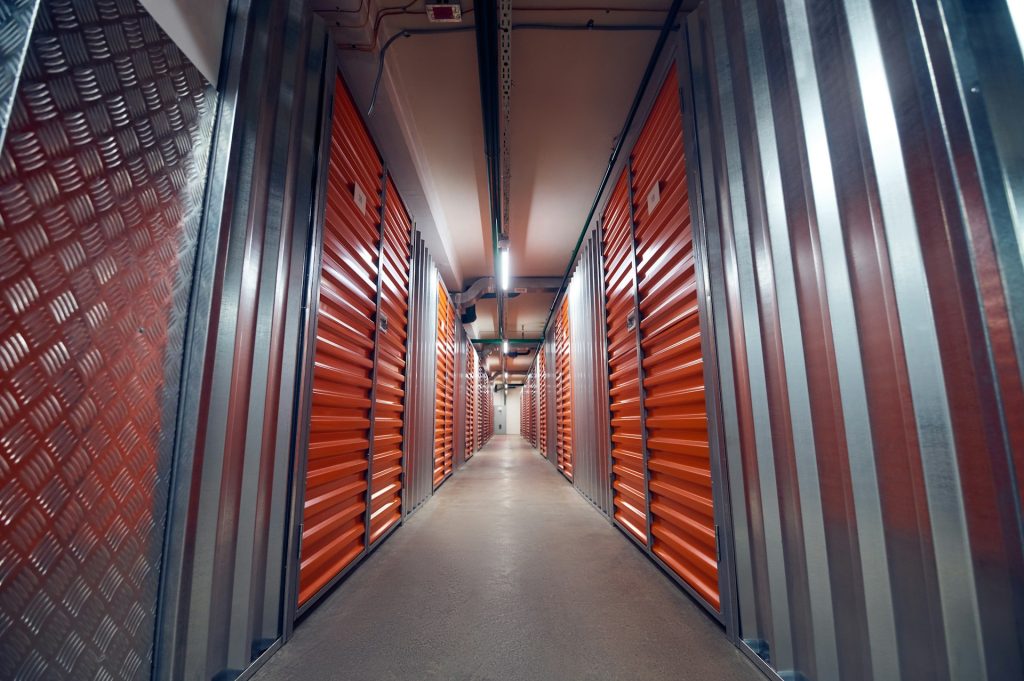In recent years, the self-storage industry has witnessed a remarkable surge in demand, with millennials at the forefront of this trend. As the largest living generation, millennials born between 1981 and 1996 are reshaping various industries, and self-storage is no exception. This shift is not merely a byproduct of consumer habits but reflects deeper socio-economic changes and lifestyle preferences. Understanding why millennials increasingly turn to self-storage provides valuable insights into their values, challenges, and future trends.
Urbanisation and space constraints
One of the primary factors driving millennials to use self-storage is urbanisation. As this generation gravitates towards city living, often pursuing career opportunities or a vibrant social life, they face a common challenge: limited living space. Urban apartments, particularly in major cities, are notorious for their small square footage. Whether it’s a studio in New York City, a one-bedroom in San Francisco, or a shared flat in London, the lack of space often means there isn’t enough room to store personal belongings, seasonal items, or even cherished memorabilia.
Self-storage offers a practical solution to this problem. By renting a self-storage unit, millennials can maintain a minimalist, clutter-free living environment while keeping their possessions safe and accessible. This trend aligns with the broader minimalist movement popular among millennials, which focuses on living with less but valuing the quality and emotional significance of what is owned.
The gig economy and flexibility
Another significant driver of the self-storage trend among millennials is the rise of the gig economy and the demand for flexibility it has created. Compared to previous generations, many millennials do not work traditional 9-to-5 jobs. Instead, they often juggle multiple freelance gigs, remote work, or side hustles. This non-traditional work structure can lead to frequent relocations for better job opportunities, cost of living adjustments, or the pursuit of new experiences.
In this context, self-storage becomes a crucial resource. For millennials who move frequently, having a place to store their belongings temporarily makes transitions smoother and less stressful. This flexibility is vital in a world where long-term commitments, such as buying a home, are delayed due to economic uncertainties. With self-storage, millennials can easily adapt to changes in their living situations without the burden of permanently downsizing or giving up items that may be necessary in the future.
Delayed homeownership and smaller living spaces
Homeownership is another area where millennials differ from previous generations. Economic factors, such as student loan debt, high property prices, and stagnant wages, have delayed homeownership for many millennials. Instead of purchasing homes, they are more likely to rent, often in smaller spaces that accommodate only some of their belongings.
The delay in homeownership has had a direct impact on the self-storage industry. With no permanent place to settle, millennials use self-storage units to keep items that they would typically store in a garage, attic, or basement. These could include furniture, sports equipment, or sentimental items that they intend to move into a future home. This need for extra storage space is expected to continue as long as economic factors hinder millennials’ ability to buy homes.
Pursuit of experiences over possessions
Millennials are often described as a generation that values experiences over material possessions. This shift in priorities influences how they approach ownership and storage. While they may own fewer items, the things they choose to keep often hold significant sentimental value, such as travel mementoes, childhood memorabilia, or collections related to their hobbies. Rather than cluttering their living spaces with these items, they prefer to store them safely until they can be displayed or used in a more permanent home.
Moreover, self-storage allows millennials to free up space for new experiences. For instance, they might store seasonal items like camping gear or sports equipment when not in use, ensuring their small living spaces remain functional and organised. This approach aligns with their preference for living spaces that are adaptable and conducive to their dynamic lifestyles.
Environmental and social consciousness
Millennials are also known for their strong environmental and social consciousness, which influences their consumption patterns. Many are wary of the wastefulness associated with disposing of items simply because they need more space. Instead of discarding belongings that are no longer immediately needed, millennials use self-storage to extend the life of their possessions, aligning with the principles of sustainability and responsible consumption.
Self-storage can be a temporary solution during life transitions, such as moving between cities, changing jobs, or even undergoing significant lifestyle changes like marriage or starting a family. By storing rather than selling or discarding items, millennials reduce waste and embrace a more sustainable approach to managing their belongings.
Technological integration and convenience
The self-storage industry has evolved significantly with the integration of technology, making it more accessible and convenient for tech-savvy millennials. Today, many self-storage facilities offer online booking, digital access codes, climate control, and even mobile apps to manage accounts and payments. These technological advancements cater to millennials’ expectations for convenience and efficiency in services, further driving the adoption of self-storage solutions.
Moreover, some self-storage companies have introduced value-added services such as pick-up and delivery, allowing users to store and retrieve their items without ever visiting the facility. This level of convenience appeals to millennials, who often prioritise time-saving solutions that fit into their busy, on-the-go lifestyles.
The growing trend of self-storage among millennials is a reflection of broader societal shifts, including urbanisation, the rise of the gig economy, delayed homeownership, and a preference for experiences over possessions. As this generation continues to shape the market with its unique values and needs, the self-storage industry will likely see sustained growth. By offering flexible, convenient, and sustainable storage solutions, the industry is well-positioned to meet the demands of millennials, who seek to balance their dynamic lifestyles with practical ways to manage their belongings.
